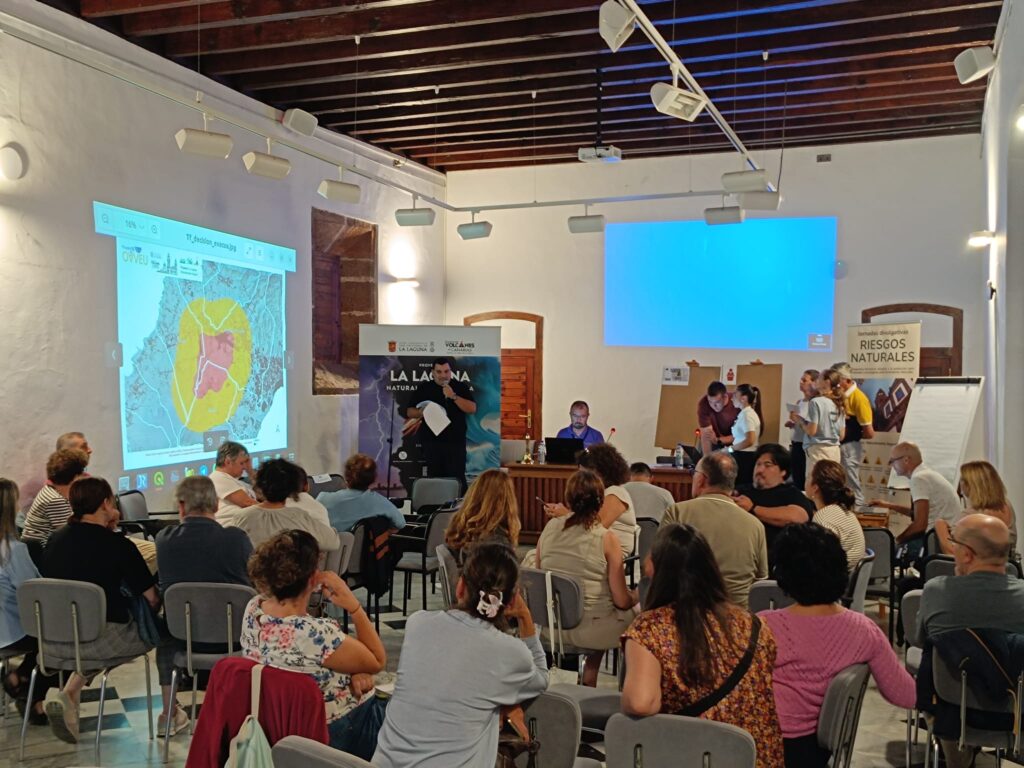Ana Isabel, a resident of Candelaria and mother of two children – one with a 33% disability – embarked on a challenging and lengthy journey in 2009 when the aftermath of the property bubble and an increasingly untenable economic landscape ensnared her in a web of debt. Her narrative exemplifies how the Second Chance Act provides relief to individuals in severe financial distress, offering them a fresh opportunity to rebuild their lives.
It all commenced when, alongside her then partner, Ana purchased a home during the peak of the property market in 2009. Following her divorce, she found herself alone facing the mortgage payments, her children’s expenses, and a financial burden that surpassed her monthly salary of 1,200 euros. Confronted with the impossibility of managing the mortgage and supporting her family, she accrued debts. To meet basic necessities, she turned to additional loans which only exacerbated the situation: “The interest mounts up, and it feels impossible to keep on top of everything,” she explains.
As her debts escalated and her income dwindled, Ana Isabel began to experience what she describes as a sensation of “being a criminal.” The foreclosure notices started to arrive, directly affecting her income and even her Christmas bonuses. Over time, the situation of stress and anxiety intensified, impacting, as she claims, not just her health, but also her employment and personal life. “I could see no escape. I was ensnared in an endless nightmare,” she reflects.
“Table of Salvation”
Ultimately, Ana Isabel discovered a way out through the Second Chance Law, an administrative process in Spain that allows individuals to erase their debts provided they can demonstrate “good faith” and fulfill certain criteria. Ana utilized this law as a final option to liberate herself from her financial troubles. The procedure was not swift; from the signing of her contract, over three years passed before the Court ruled in her favour. Her case was concluded recently, when she received the news that her debt of 37,000 euros had been annulled and a new life was now possible for her and her children.
Despite the advantages afforded by the Second Chance Law, Ana laments that awareness of it is minimal, and access remains limited due to its lack of visibility. “There is a significant stigma attached to individuals facing debt, but this law exists to enable us to rebuild our lives,” she stresses.
Adhering to the law, whilst effective, can be prolonged and intricate, and not everyone is able to see it through. Nevertheless, Ana underscores the significance of others in her situation seeking proper guidance and “understanding the legal avenues available to start afresh,” just as she has managed to do.















